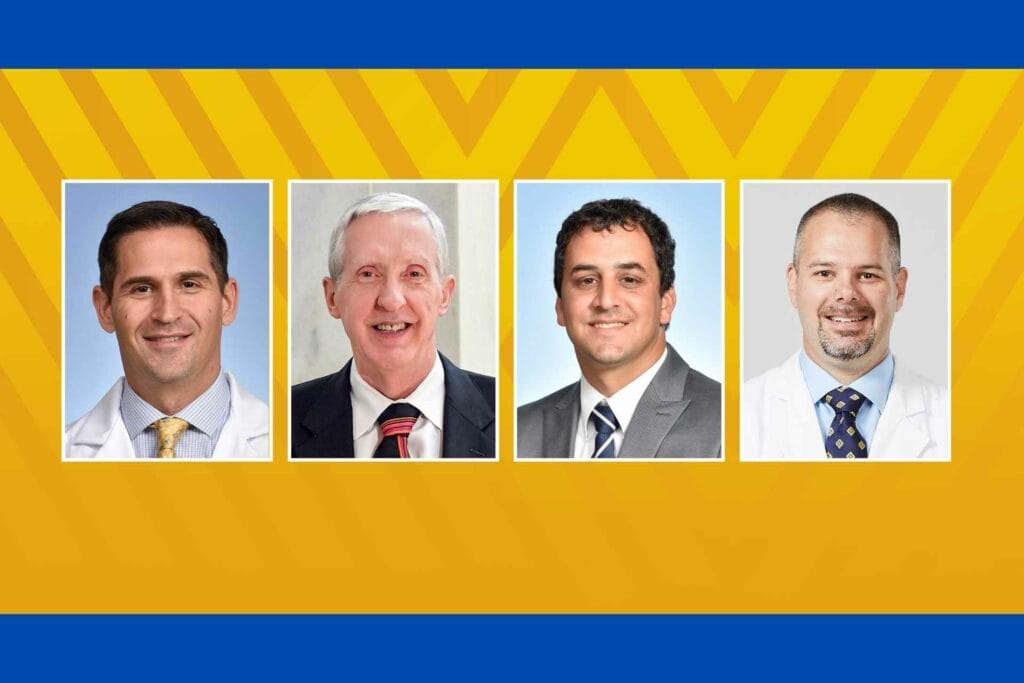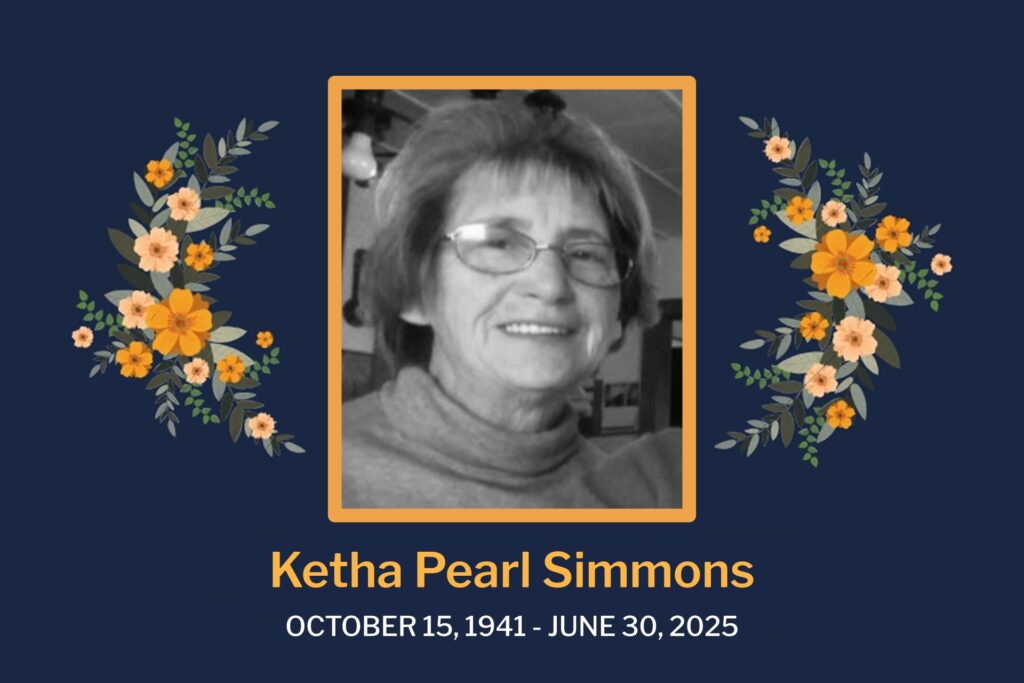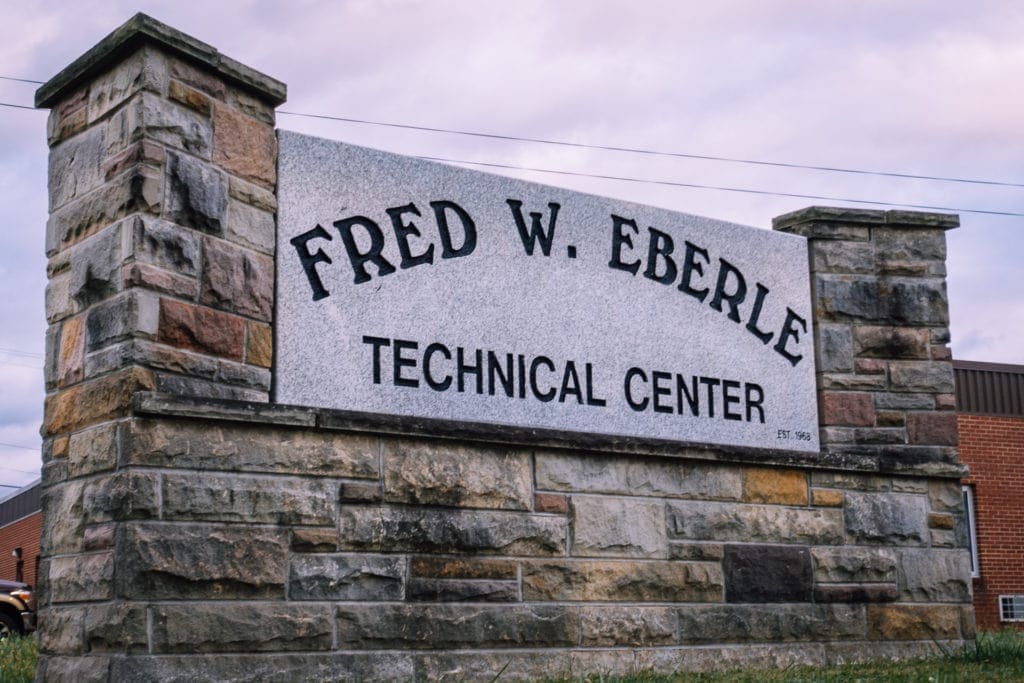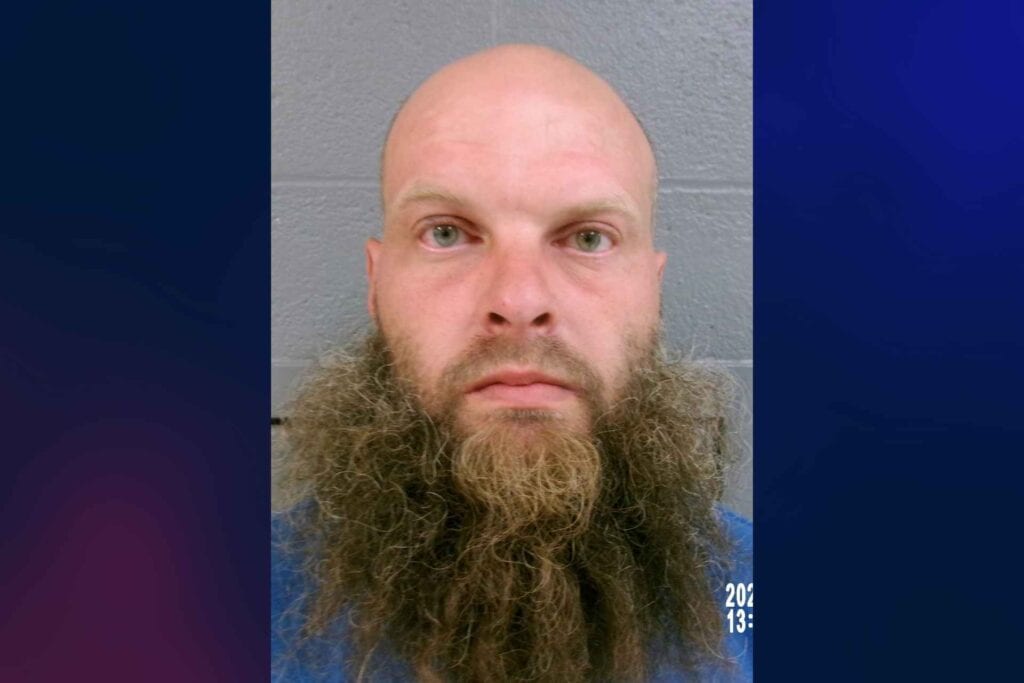MORGANTOWN, W.Va. – Surgeons in the WVU Critical Care and Trauma Institute and Department of Surgery are leading significant changes in the way surgeons learn new procedures by starting a program that offers training using perfused cadavers in the Fresh Tissue Training lab.
Started in 2018, the Fresh Tissue Training Program at the WVU School of Medicine allows surgeons and students to perform procedures on fresh cadavers that are circulated with artificial blood in order create operating conditions more closely analogous to a living patient.
“The cadavers we use in the fresh tissue lab are of the recently deceased and have not been through the same preservation processes as traditional cadavers used for anatomy labs,” Daniel Grabo, M.D., Program director and professor of Trauma, Acute Care Surgery, and Surgical Critical Care, said. “This lab has helped our students and surgeons gain critical, hands-on experience they would otherwise only receive in an operating room.”
“The medical field has used cadavers for centuries to learn more about human physiology,” Wallis Marsh, M.D., chair of the Department of Surgery, said. “The new technology that is available in the Fresh Tissue Training Lab allows us to practice performing procedures on cadavers that have been perfused, or had blood flow restored, through the use of machinery. This causes the body to react similarly to a living patient.”
For the first time, surgeons from another institution were invited to the lab to receive training. Surgeons from the WVU Department of Surgery, including Dr. Marsh; Carl Schmidt, M.D., Surgical Oncology chief; and Brian Boone, M.D., surgical oncologist, hosted a team of surgeons from Virginia Commonwealth University on Monday, April 11, to offer training on the robotic Whipple program. Whipple procedures are performed as a treatment for pancreatic cancer.
“It’s an exciting opportunity to share these techniques with other surgeons,” Dr. Boone said. “While cadavers will never replace performing procedures on live patients, the use of perfused cadavers gives surgeons a more realistic experience that provides active feedback on their actions and approximates the living experience as much as possible.”
Thanks to a recently completed renovation project to include an operative robotic surgical suite, the WVU Simulation Training and Education for Patient Safety (STEPS) center can now provide a venue for this innovative robotic training for WVU surgeons and trainees as well as learners from other institutions. Additionally, WVU Medicine J.W. Ruby Memorial Hospital provided surgical supplies to support this training.
This technique has changed the way some surgeons look at teaching and learning.
“The opportunity to practice procedures on these cadavers can cause a real paradigm shift in how we train surgeons on these advanced and complex procedures,” Dr. Schmidt said. “We are unaware of any other academic medical centers using perfused cadavers to train surgeons on techniques like this. We look forward to the continued success of this program and are excited by the potential it has to revolutionize surgical training, particularly with the use of robotics.”














